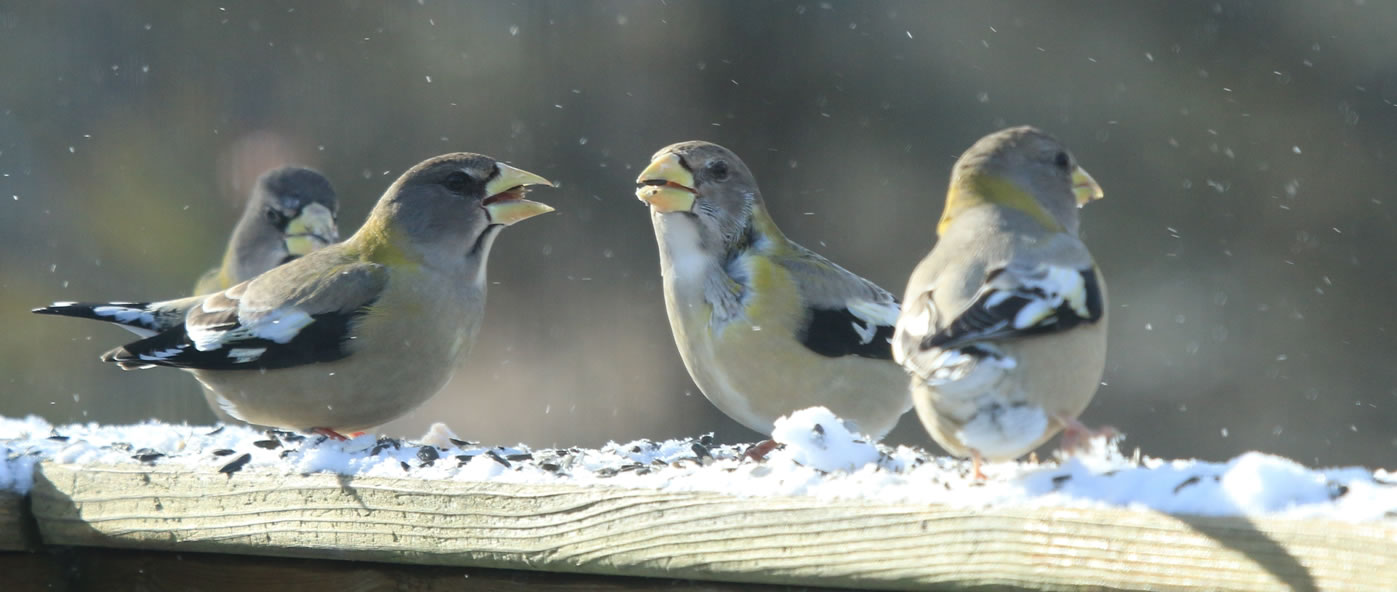- Unacceptable prejudice, bigotry, and discrimination affect Black people and other racialized groups around the world and in Canada.
- Efforts like #BlackBirdersWeek provide a safe and welcoming forum for bird lovers who have been excluded or feel unwelcome elsewhere.
- Society, including environmental organizations, must significantly improve inclusion, representation, tolerance, and opportunity, benefitting all racialized groups, Indigenous Peoples, LGBTQ+ communities, genders, and persons of differing abilities.

Statement on Diversity, Inclusion and Racism in Birding
PEPtBO agrees with Birds Canada’s position on diversity, inclusion and racism, and aspires to the principles as detailed below:
We recognize that
We believe that
- Birding and pursuing enjoyment of the outdoors are for everyone. All people should be free to do so without experiencing discrimination or fearing for their safety, but this isn’t always the case.
- Racism and other forms of discrimination should not be tolerated in society at large, including in our organization, as well as in birding, Citizen Science and conservation.
- We all have a responsibility to speak up to counter racism and discrimination, as well as work to eliminate them.
- The exclusion of anyone or any group is not only unfair, inappropriate and wrong, it undermines and limits society’s urgent need to understand, appreciate and conserve birds and all nature.
- Every organization involved in these activities, including Birds Canada, must take active steps to remove barriers, address explicit and implicit bias, and promote inclusion for all those interested in birds.
Therefore, we commit to
- Actively recruit to improve levels of diversity, among our volunteer Citizen Scientists, membership, staff, committees and board, to reflect the diversity of Canadian society.
- Include and listen carefully to voices from minorities to better address conservation and education objectives of greatest concern to them.
- Continue to grow the number and quality of public events we host that encourage participation from, and are led by, members of minority or marginalized groups.
- Help, where it may be needed, to remove barriers to participation, which may arise from location, travel, accessibility, lack of child care, lack of equipment, cost or other factors.
- Continue inclusive outreach efforts with youth and education programming in schools, where we can reach a wide spectrum of young Canadians and spark an interest in birds.
- Solicit stories from a range of authors, as well as include images and other media in our communications, that together more accurately reflect the people of Canada and the diversity of bird lovers.
- Conduct staff and board training as appropriate to support the goals above.
- Make high-priority, specific commitments and measures reflecting the points above in our long-term strategic and annual plans.
